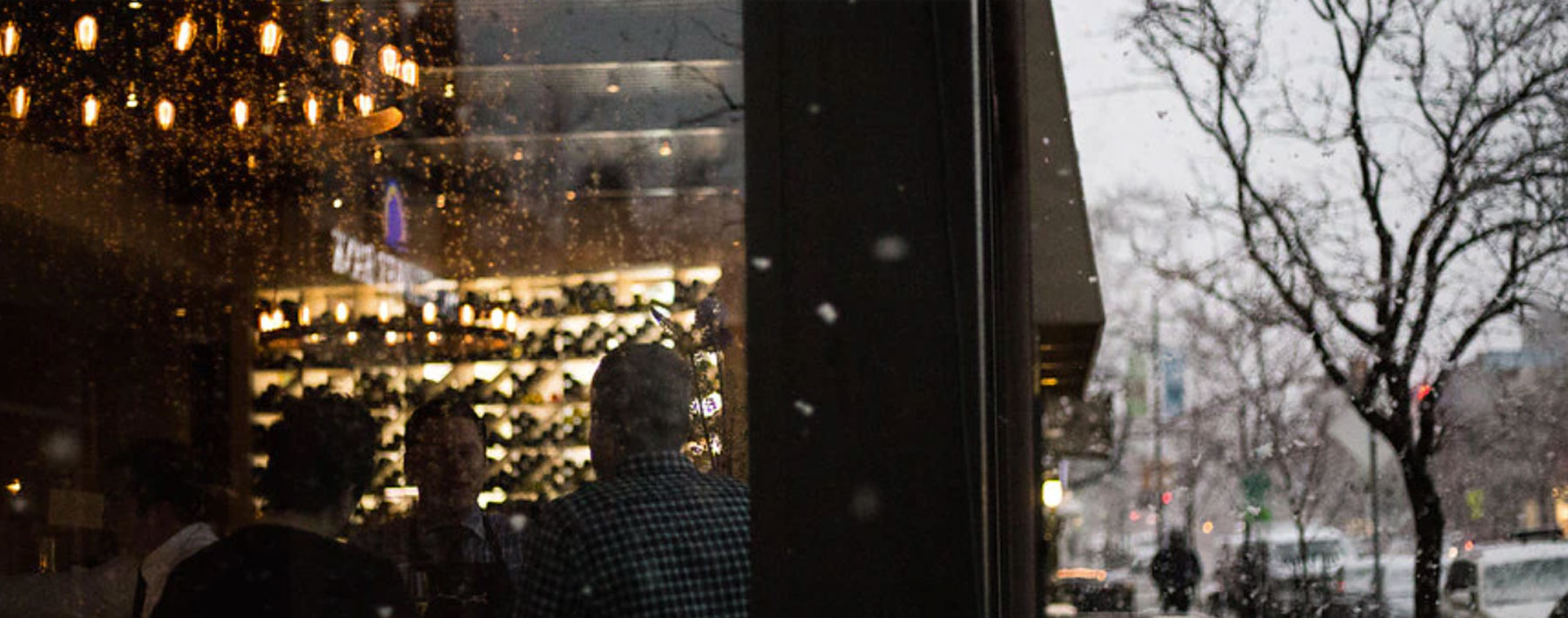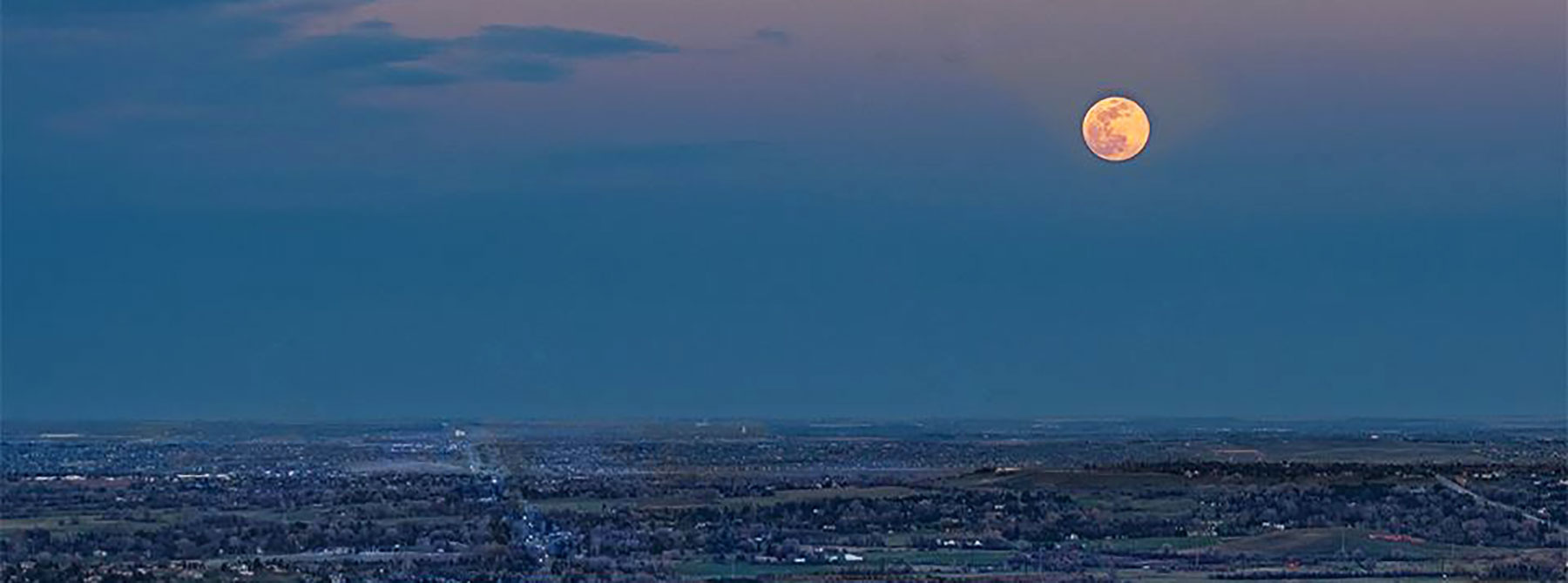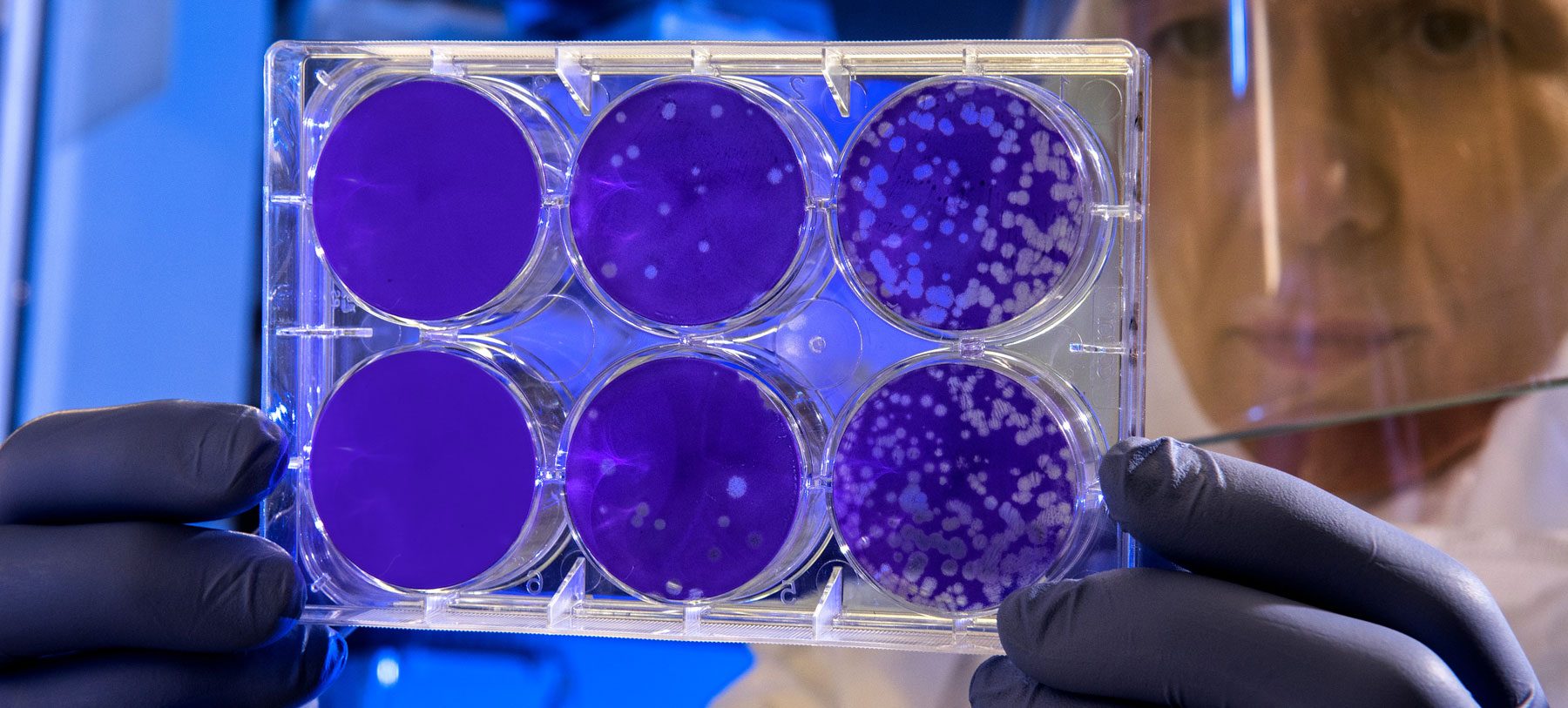Bobby Stuckey, co-owner of Frasca Hospitality Group, which runs restaurants Frasca Food and Wine and Pizzeria Locale in Boulder and Tavernetta and Sunday Vinyl in Denver, says Boulder could lose a third of its independent restaurants by September based on the stress coronavirus puts on the industry.
Given restaurants’ thin profit margins — 6 percent in 2019, according to Bobby — restaurateurs do not have much buffer to weather the COVID-19 storm tossing them about now.

Not only have many restaurants closed — or operated at far reduced scale — for two months, but, when they open, capacity will remain relatively low for the foreseeable future. In addition, they have a bunch of additional costs — Bobby estimates just the masks alone for his 225 employees come to $300,000 per year.
“I don’t have a crystal ball, but we’ll have a lot of casualties,” Bobby says.
[Oak at Fourteenth chef Steve Redzikowski had a similar take — read it here.]
Bobby’s not alone in this assessment. Dave Query, owner of Big Red F Restaurant Group (which runs numerous Boulder restaurants), came to the same conclusion in a recent newsletter he mailed out. “But reality will have a heavier hand in the outcome of all of this when many, many small businesses—not just restaurants—are closed a year from now because this loan program actually created more impossibilities than realistic solutions,” Dave wrote.
When Bobby temporarily shuttered the doors of his restaurants on March 16, he dove into the economics of independent restaurants and helped found the Independent Restaurant Coalition.
The group, which advocates for independent restaurants — defined as groups who operate less than 20 restaurants or, informally, those who do under $100 million in annual revenue — has kicked off with a focus on advocating for changes to the federal Paycheck Protection Program (PPP) to better help restaurateurs.
Some of the challenges with the PPP loan for restaurateurs include uncertainty about how much of the loan may be forgiven, the short horizon to pay it back and the requirement that a bulk of it go to payroll.
As for the latter, restaurants have operated at far reduced capacity, so they don’t have productive things for many of their staff to do until they open. Restaurants also need a longer horizon to pay back the loan; the current term of two years becomes a big burden, especially with expected reduced demand and new expenses, Bobby says.
Payments on the loan begin as soon as November.
In an op-ed last week in Food & Wine Magazine, Bobby described independent restaurants as a keystone species of the local and national economy, responsible for 21 million jobs, direct and indirect, across the nation. Their vulnerability and importance, he says, require extra help to survive, and some infrastructure adjustments for a more sustainable future.
[spreaker type=player resource=”episode_id=25957362″ width=”100%” height=”200px” theme=”light” playlist=”false” playlist-continuous=”false” autoplay=”false” live-autoplay=”false” chapters-image=”true” episode-image-position=”right” hide-logo=”false” hide-likes=”false” hide-comments=”false” hide-sharing=”false” hide-download=”true”]
Want to be the first to get The BLDRfly Podcast? Subscribe to The BLDRfly Podcast wherever you get your podcasts.
Subscribe: Apple Podcasts / Spotify / Stitcher
Header image: Frasca in snow. Credit: Frasca Food and Wine



